Filter by
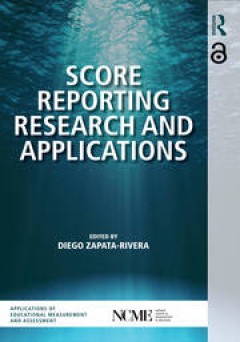
Score Reporting Research and Applications
ABSTRACT Score reporting research is no longer limited to the psychometric properties of scores and subscores. Today, it encompasses design and evaluation for particular audiences, appropriate use of assessment outcomes, the utility and cognitive affordances of graphical representations, interactive report systems, and more. By studying how audiences understand the intended messages conveyed b…
- Edition
- -
- ISBN/ISSN
- 9781351136501
- Collation
- -
- Series Title
- -
- Call Number
- -
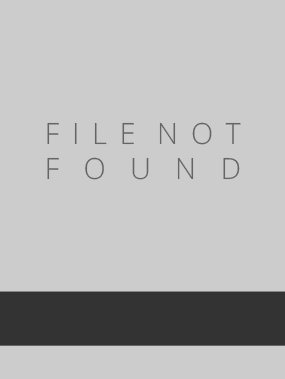
The Hoarding Vikings
Cover -- Half Title -- Series -- Title -- Copyright -- Contents -- List of figures -- Preface and acknowledgments -- 1 Bornholm: a treasure island -- 2 The multi-causal hoards -- 3 Identifying Bornholm's hoards: content, character, and chronology -- 4 Classification of production, circulation, and distribution data -- 5 Silver flows: analysis of production data -- 6 Stab, bend, and cut: analysi…
- Edition
- -
- ISBN/ISSN
- 9781032647760
- Collation
- -
- Series Title
- -
- Call Number
- -

Discursive thinking through of education: learning from those who transform t…
- Edition
- -
- ISBN/ISSN
- 9781003450726
- Collation
- -
- Series Title
- -
- Call Number
- -
- Edition
- -
- ISBN/ISSN
- 9781003450726
- Collation
- -
- Series Title
- -
- Call Number
- -

Managing sustainable luxury and digitalization :technology trends and ethical…
Defining luxury in the watch industry: exploring the gestalt of Swiss luxury watches -- Trends and challenges in the Swiss luxury watch industry: insights from an expert survey -- Luxury watches and ethical hubris: a comparative overview of illustrative cases -- Gestalt-switch of luxury products: exploring pitfalls of inconsistent value expressions in conspicuous consumption -- "Some of my cust…
- Edition
- -
- ISBN/ISSN
- 9781003397205
- Collation
- -
- Series Title
- -
- Call Number
- -
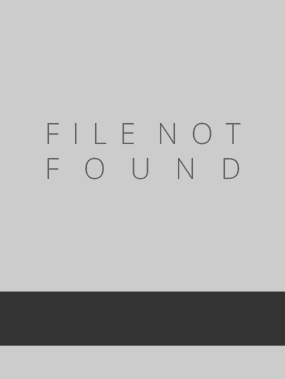
The Governance of Insurance Undertakings
This open access volume of the AIDA Europe Research Series on Insurance Law and Regulation brings together contributions from authors with different legal cultures. It aims to identify the legal issues that arise from the intersection of two disciplines: insurance law and corporate/company law. These legal issues are examined mainly from the perspective of European Union (EU) law. However, ther…
- Edition
- -
- ISBN/ISSN
- 978-3-030-85817-9
- Collation
- -
- Series Title
- -
- Call Number
- -
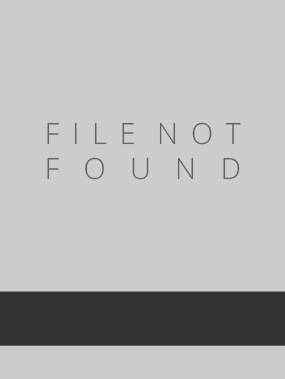
Cognitive choice modeling
"This book presents a comprehensive review of the emerging theories from cognitive science that integrate both decision processes and choice behavior"--OCLC-licensed vendor bibliographic record.
- Edition
- -
- ISBN/ISSN
- 0262361663
- Collation
- 1 online resource.
- Series Title
- -
- Call Number
- -
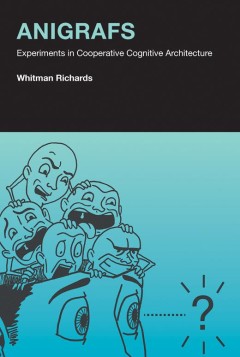
Anigrafs :experiments in cooperative cognitive architecture
"In this book, Whitman Richards offers a novel and provocative proposal for understanding decision making and human behavior. Building on Valentino Braitenberg's famous 'vehicles, ' Richards describes a collection of mental organisms that he calls 'daemons'--virtual correlates of neural modules. Daemons have favored choices and make decisions that control behaviors of the group to which they be…
- Edition
- -
- ISBN/ISSN
- 0262329115
- Collation
- 1 online resource (xiii, 148 pages) :illustrations
- Series Title
- -
- Call Number
- -
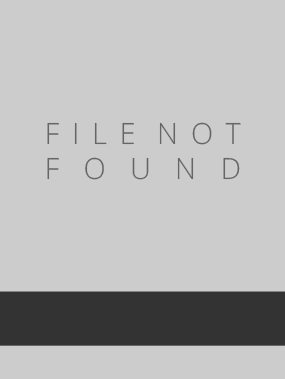
Right and Wrong Thinking and Their Results
Some years ago this book was born into thought by the perception of its fundamental principle, and it has been growing ever since. During the intervening years this principle and its allied ideas have been presented more or less fully in the form of independent class lectures to many groups of persons. It is with hesitation that it is now offered to the public in its present form, because it is…
- Edition
- -
- ISBN/ISSN
- -
- Collation
- Lacks title page, information taken from cover
- Series Title
- -
- Call Number
- -

The life and death of King Richard II
Mow. Each day still better other's happiness ; Until the heavens, envying earth's good hap, Add an immortal title to your crown ! K. Rich. We thank you both : yet one but flatters us, As well appeareth by the cause you come ; Namely, to appeal each other of high treason. Cousin of Hereford, what dost thou object Against the Duke of Norfolk, Thomas Mowbray ? Boling. First, heaven be the re…
- Edition
- -
- ISBN/ISSN
- 132457995
- Collation
- cdl; greatbooks; americana
- Series Title
- -
- Call Number
- SRLF_UCLA:LAGE-3050092
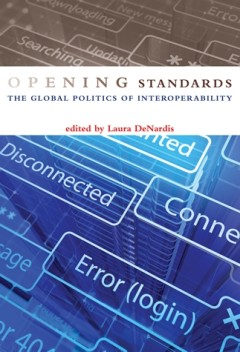
Opening Standards: The Global Politics of Interoperability
The economic and political stakes in the current heated debates over "openness" and open standards in the Internet's architecture.OCLC-licensed vendor bibliographic record.
- Edition
- -
- ISBN/ISSN
- 9780262298223
- Collation
- 1 online resource (xv, 255 pages).
- Series Title
- -
- Call Number
- -
 Computer Science, Information & General Works
Computer Science, Information & General Works  Philosophy & Psychology
Philosophy & Psychology  Religion
Religion  Social Sciences
Social Sciences  Language
Language  Pure Science
Pure Science  Applied Sciences
Applied Sciences  Art & Recreation
Art & Recreation  Literature
Literature  History & Geography
History & Geography